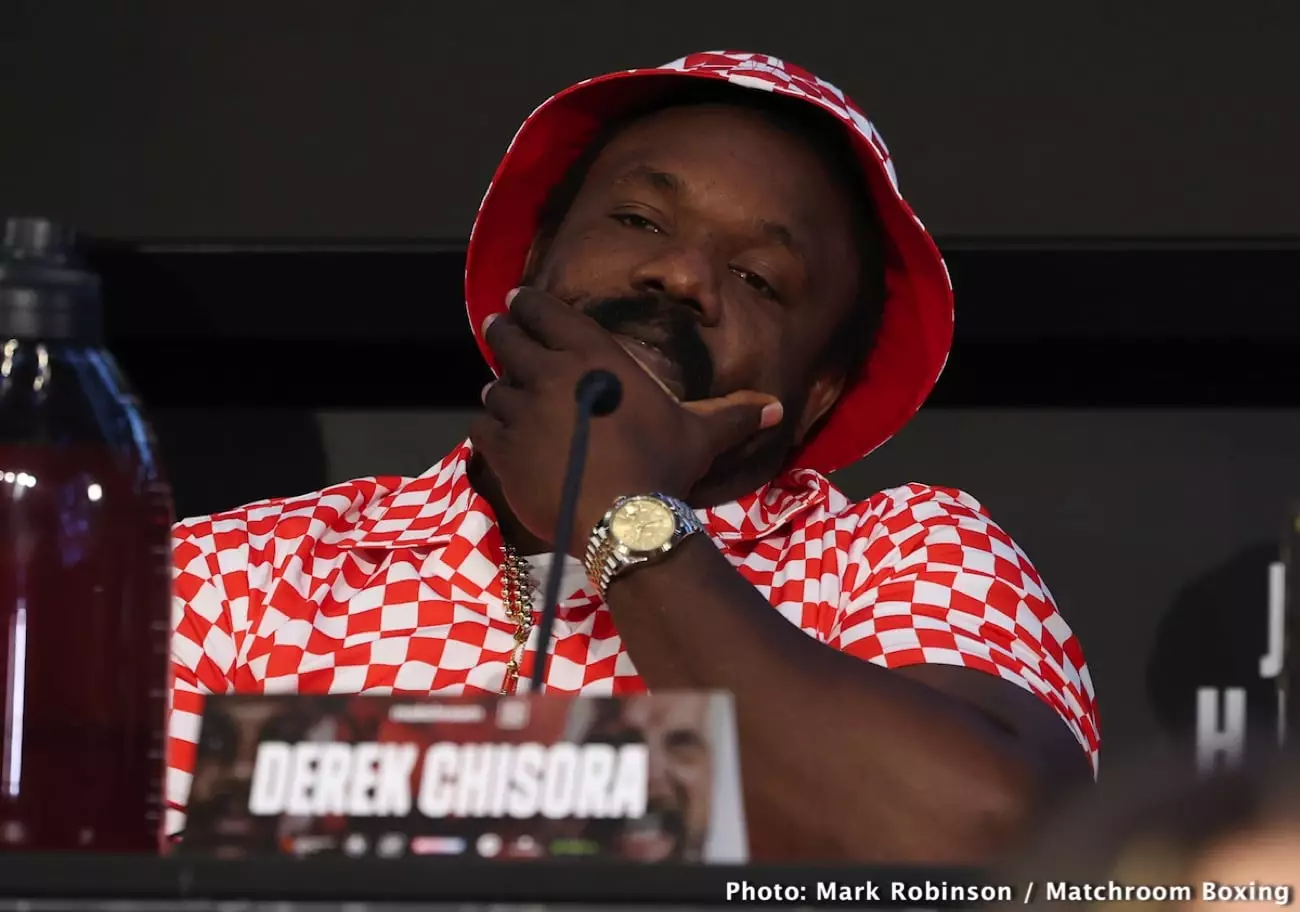In the realm of boxing, rematches are often viewed as chance opportunities for redemption or undisputed dominance. However, when it comes to Tyson Fury and Oleksandr Usyk, the obsession with rehashing past battles seems increasingly futile. Repeat encounters, especially those that have already delivered definitive results, risk diluting the sport’s excitement and undermining the merit-based progression of fighters. For fans and fighters alike, the focus should shift from cycle repeats to uncovering new, compelling narratives that push the sport forward.
Deliberately or not, fighters like Tyson Fury have inadvertently contributed to a cycle that favors name recognition over meaningful competition. Fury’s repeated push for a third fight with Usyk, demanding specific locations and conditions, reveals a desire to dominate headlines rather than the sport itself. Meanwhile, Oleksandr Usyk, arguably the rightful king of the division, remains poised to defend his crown against less heralded but potentially more deserving contenders. This imbalance underscores the need to prioritize fresh challenges over nostalgic rematches that have already exhausted their storyline potential.
The Power Gap: Why the Heavyweight Division Desperately Needs Diversity
The heavyweight division is at a crossroads. While established stars like Fury and Usyk command attention, their fights often overshadow the emerging talent eager to make their mark. Fighters such as Joe Parker and Agit Kabayel exemplify the depth of talent waiting in the wings—yet they remain largely sidelined in favor of the star-studded rematch narrative. This creates a dangerous complacency where the sport’s future is dictated by a handful of megastars rather than a vibrant ecosystem of diverse contenders.
More importantly, the repetitive focus on rematches risks stalling the division’s growth. A fighter like Usyk, who has demonstrated technical brilliance and strategic intelligence, proves that wins can stem from skill, not just crowd appeal. To keep the division dynamic and interesting, promoters, broadcasters, and supporters should advocate for new matchups that challenge the existing order. Only then can the heavyweights truly inspire the next generation and reclaim their rightful place as boxing’s premier division.
Fury’s Demands and The Power Play: Who Holds the Real Influence?
Fury’s recent assertions about wanting a third bout with Usyk, particularly his demand to host it in the UK, reflect a broader pattern of fighters leveraging their star power to influence fight locations and terms. This power play reveals a troubling truth: fighters are increasingly using negotiation as a way to protect their legacies, often at the expense of the sport’s integrity and fairness.
Meanwhile, Oleksandr Usyk remains largely unaffected by these posturing tactics. As the reigning champion, he embodies the ~crown~ of the division, and his decisions should ideally dictate the pace and direction of his career. The heavyweights need a dose of humility—recognizing that fighters like Joe Parker or even emerging contenders deserve their shot on merit, not based on who can best negotiate in the background. The division’s future hinges on prioritizing merit over manipulation.
Boxing’s history is rich with stories of fighters rising through adversity, seizing opportunities, and creating legends. The current focus on recycled matchups dilutes that legacy. To truly elevate the heavyweight division, stakeholders must champion fairness, promote new rivalries, and give deserving challengers a shot. The sport’s true power lies in its capacity for reinvention, and only by embracing fresh blood and bold ideas can boxing remain as exciting and relevant as it once was.


Leave a Reply